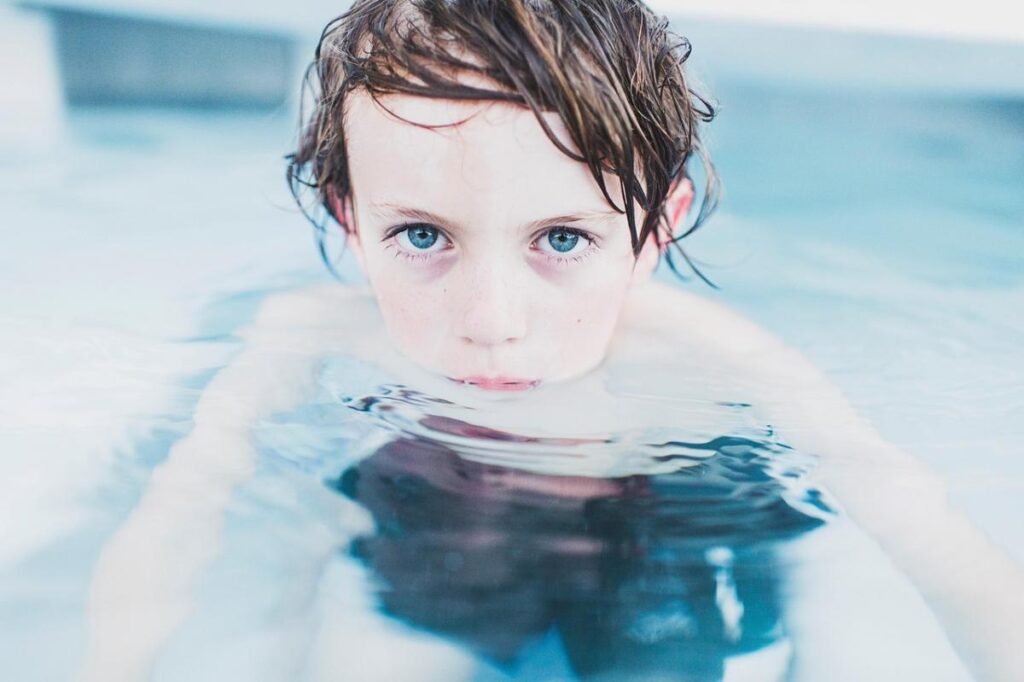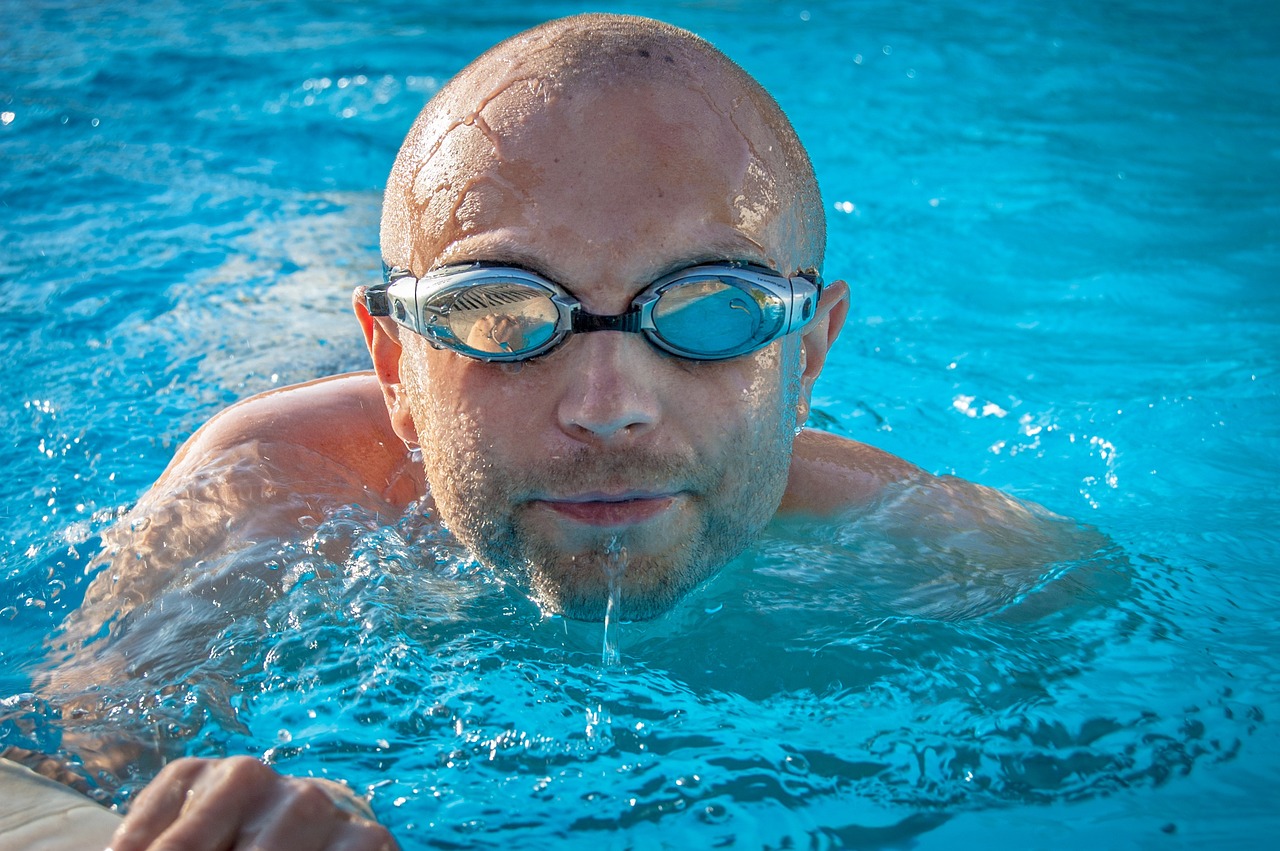
It is the best time of the year to enjoy aquatic activities. To do this, The pools They are the most chosen, especially in areas where the sea is not close. In many of the pools the components have already been changed and salt instead of chlorine so as not to damage the view and skin. However, in many others, Chlorine is still being thrown as a component to avoid harmful particles and microorganisms For our health. Chlorine in small doses is not extremely harmful but, still, we must use protective elements such as swimming glasses Not to suffer damage. That is what happens, for example, When we leave the water and we see blurry.
Why do I see blurry after swimming
The reason you see blurred as soon as you get the head out of the water is For the action of chlorine in your eyes. This substance can alter the composition of the tear film, which is essential for ocular health since it is responsible for lubricating and protecting the eye.
This alteration could cause dry eye syndromewhich derives in blurred vision, itching, burning and feeling that there is some foreign body inside our eye.
In the most severe cases, Irritation could be more severe, affecting the cornea or conjunctiva and causing conjunctivitis. Chloramines are chemical compounds that are made up when chlorine reacts with nitrogen compounds such as sweat or urine. These can be the main responsible for eye irritation after swimming without protection in the pool. High concentrations can cause redness, itching and blurred vision.
The use of swimming glasses is one of the best measures you can take
What can we do to avoid it
From the Catalan Retina Institute, they recommend Take care of our eyes when we enter the pool not to face problems or damage to the eyes in the short and medium term.
One of the main protection measures is The use of swimming glasses. These protect the eyes from direct contact with chlorinated water and reduce exposure to chloraminas. If you don't have glasses, lOr it is more recommended to avoid opening the eyes under water.
Once you leave the pool, it is necessary Rinse the eyes with clean water after swimming. This action helps eliminate chlorine remains and ocular surface chloramines. If irritation persists for a couple of days or discomfort intensifies, It is recommended that you consult with an ophthalmologist or health specialist.


